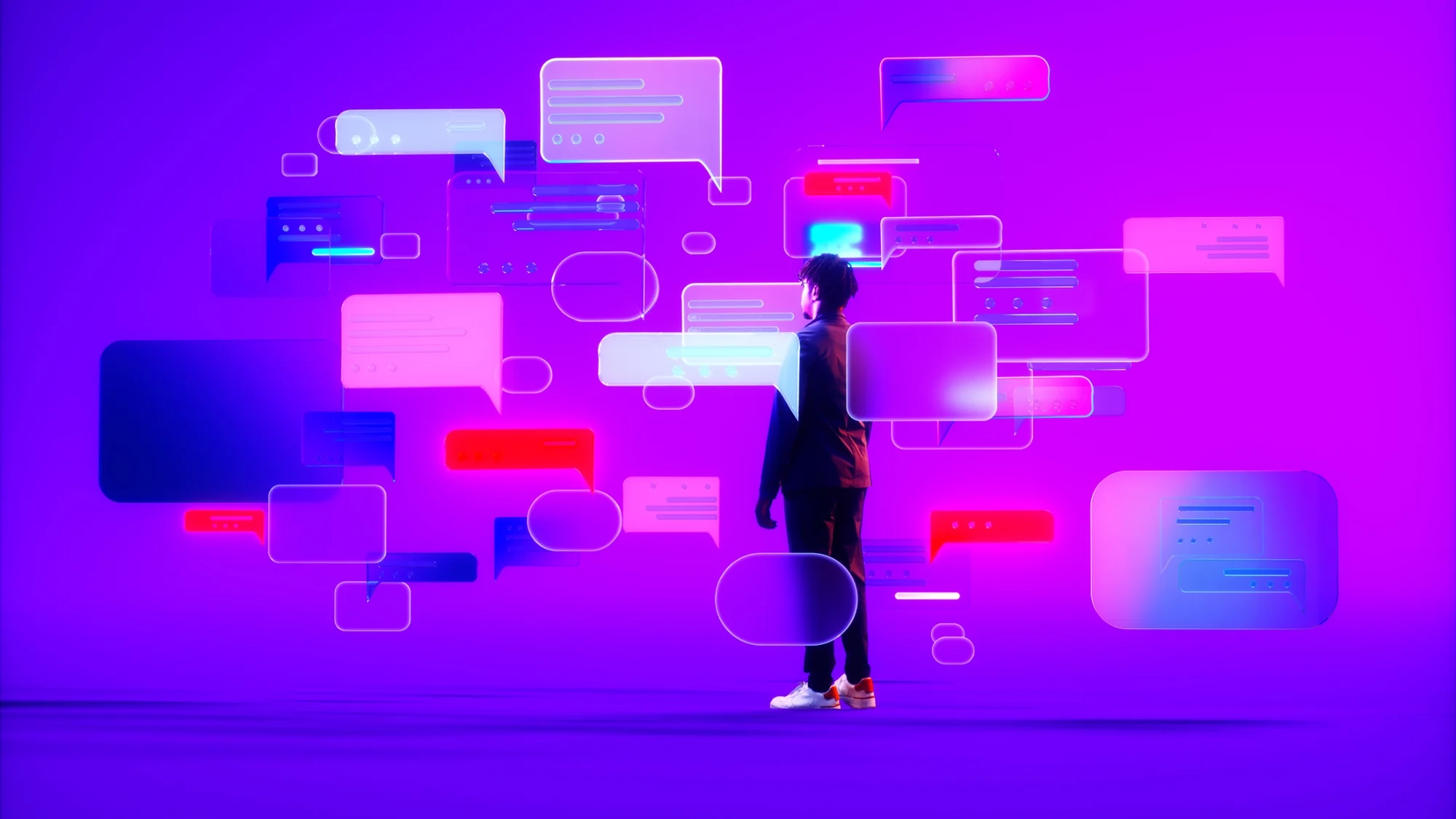In an age where AI is transforming how we communicate, work, and even express emotions, a simple act of politeness is raising eyebrows — and utility bills. According to OpenAI CEO Sam Altman, the courtesy of saying “please” and “thank you” to ChatGPT costs the company tens of millions of dollars annually in electricity bills. As bizarre as it sounds, the price of politeness is now part of the AI age's environmental and financial debate.
The statement came in response to a viral post on X (formerly Twitter), where a user humorously questioned how much money OpenAI loses to well-mannered users. Altman confirmed that the cost was indeed in the tens of millions — and called it “tens of millions of dollars well spent.” While many took the reply as lighthearted, the data behind it is quite serious.
A February 2025 survey from the publisher Future revealed that 67% of AI users in the U.S. are routinely polite to AI systems. Of those, 18% admitted they do so out of concern for a hypothetical AI uprising. The remaining 82% said they’re just naturally courteous — whether talking to a human or a machine.
It might sound sweet and harmless, but politeness to AI does come at a cost. According to the Electric Power Research Institute (EPRI), interacting with ChatGPT uses 10 times more energy than performing a traditional Google search. That’s largely because AI queries require powerful GPU clusters and high-volume data centers running complex computations and natural language processing.
Financial advice website BestBrokers estimates ChatGPT consumes an average of 1.059 billion kilowatt-hours of electricity per year — enough to power about 100,000 U.S. homes for the same time period. That equates to nearly $140 million in energy expenses annually. If users add extra tokens — those digital building blocks of language ChatGPT processes — by typing longer, more polite phrases, that cost scales upward.
And that’s just electricity. AI also has a water footprint. Research from the University of California, Riverside shows that generating a 100-word AI-generated email uses about 1.4 liters of water for server cooling. Even a short phrase like “You are welcome” requires around 40 to 50 milliliters — approximately a shot glass full — just to keep the AI running smoothly.
So should we stop being polite to AI?
There are a few schools of thought. From a design perspective, politeness has value. Microsoft design director Kurtis Beavers explained that “using polite language sets a tone for the response.” In short, ChatGPT and similar systems may return more thoughtful and measured responses when prompted with kindness. That tone-setting could help improve user experience in educational, therapeutic, or customer support contexts.
There’s also a cultural and psychological factor at play. Saying “please” and “thank you” to AI isn’t always about the machine — it reflects the user’s internalized behavior. In a world where technology is integrated into our social fabric, maintaining human-like etiquette can feel like an act of self-respect or societal mindfulness. Even if AI doesn’t "feel" appreciation, many users feel better when they uphold these social norms.
Of course, the environmental impact cannot be ignored. As AI adoption continues to skyrocket, tech companies and consumers alike will face increasing pressure to optimize how these systems are used. That might include promoting more concise prompts, encouraging sustainable data center practices, and developing models that require fewer resources to run.
For now, OpenAI can afford the politeness premium. Earlier this month, the company secured a $40 billion funding round at a $300 billion valuation — the largest private tech deal to date. With 500 million weekly users worldwide, ChatGPT is deeply woven into the digital world’s daily rhythm.
Still, as we weigh the balance between human habit and environmental impact, a new kind of etiquette is emerging — one where being kind might come with a cost, and where even our manners are being measured in kilowatts and milliliters. Whether we continue to say “please” or switch to quick, command-like queries, one thing is clear: AI may be artificial, but our relationship with it is getting more real every day.




